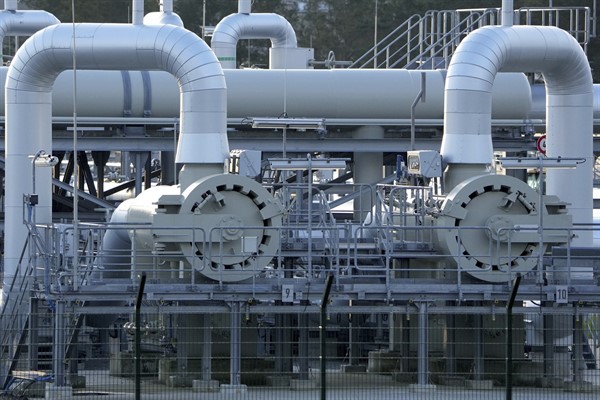Russia’s invasion of Ukraine has upended the foundations of Europe’s security order, but also its economic order. The sanctions imposed on Russia by the European Union and its Western partners suggest that an economic decoupling has begun. The implications of such a decoupling in the context of an integrated global economy are significant, but also murky and complex.
Clearly, the war highlights a weakness in the logic that had long underpinned globalization as an economic but also a normative project: that economic interdependence among states would make the costs of conflict prohibitive. Longstanding dissatisfaction with China’s unfair trade practices, combined with its more authoritarian and aggressive turn under President Xi Jinping, had already begun to catalyze a rethink of the premises of globalization. The pandemic accelerated the shift toward prioritizing strategic concerns over economic efficiency when it comes to supply chains. The war in Ukraine has now put that process into overdrive.
It has also confirmed the dangers, but also the limitations, of what analysts had already identified as “weaponized interdependence.” The damage Western sanctions have caused to the Russian economy is testament to their punitive power. But the threat of sanctions did not deter the Russian invasion, and sanctions have a poor track record of actually changing state behavior, as the examples of Iran, North Korea and Cuba demonstrate. Sanctions also cut both ways, as illustrated by the current inflationary pressures on display in Europe and the U.S. related to the war and Western sanctions on Russia.

